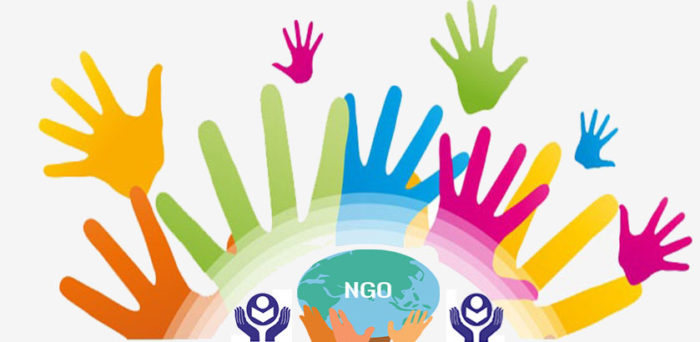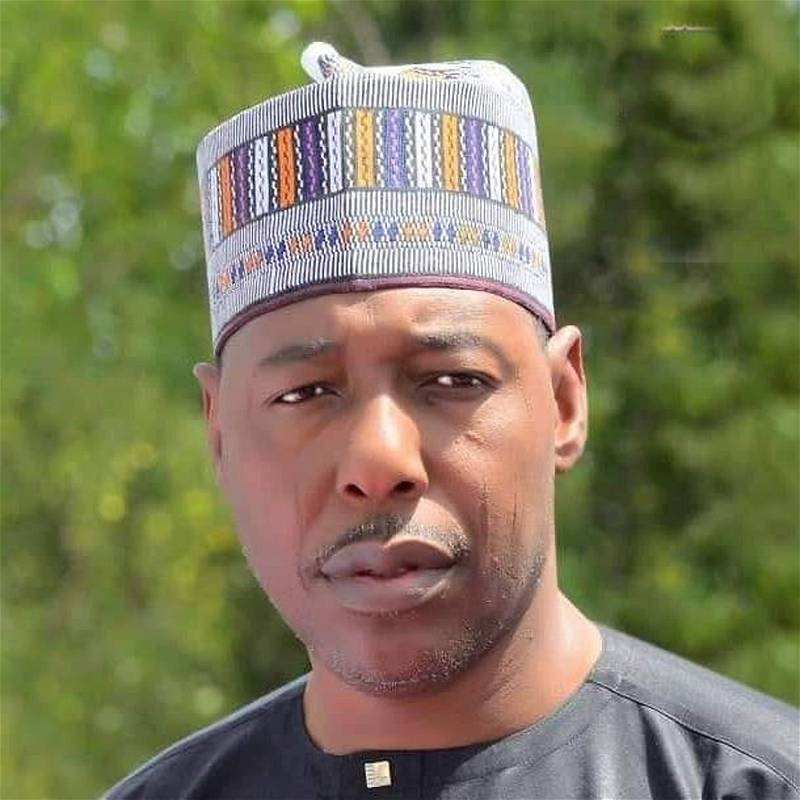By Habibu Harisu
Sultan Foundation for Peace and Development (SFPD), an NGO, says it has trained 40 community advocates to promote gender equity norms in Sokoto state.
Gender equity norms and values are strategies and measures taken in the process of being fair to women and men, especially in view of women’s historical and social disadvantages preventing both sexes from operating on a level playing field.
Programme Officer of the foundation, Alhaji Musa Galadanci, said the training was organised to inculcate proper messaging skills and encourage men to educate people on the norms.
Galadanci said that with the support from EU-UN Spotlight Initiative Project, the NGO embarked on capacity building aimed at preventing all forms of Violence Against Women and Girls (VAWG), Sexual and Gender Based Violence (SGBV), and other Harmful Practices (HP).
He noted that participants were trained in batches and included individuals, community groups, and representatives of traditional institutions in Sokoto North Local Government Area of the state.
He said the training was to encourage best practices, recognise values for both boys and girls, and strengthen the fight against gender-based violence and other ignoble practices.
The programme officer added that the training provided opportunity for participants to share thoughts on gender equity norms as well as actions needed to reduce violence against women and girls, drawing inferences from the various communities within the area.
He stressed the need for men to understand sexual and gender based violence, Female Genital Mutilation (FGM), and the Violence Against Persons Prohibition (VAAP) Law in relation to daily livings.
Galadanci described poor understanding, culture, and compromise as challenges to tackling the aforementioned factors in the communities.
Lead Facilitator of the training, Dr Mansur Isa-Buhari, from Usmanu Danfodio University, Sokoto, spoke on the categories of gender-based violence, its prevalence, the consequences, policies and laws, as well as referral pathways.
According to him, the challenges of discriminatory attitudes and behaviours towards the female gender in the society are detrimental to women and girls especially in relation to domestic duties and education.
He underscored the importance of educating people especially men who are husbands and custodians of family members on gender equity norms and best ways to handle cases of gender-based violence cases, support survivors of such violence, and eliminate the attitude towards women and girls.
Some participants, Anas Ahmad, Mal Nasiru, Fatima Umar, Usman Ahmad, and Umar Hassan, expressed appreciation to the foundation for the training, saying it had been eye-opening.
The participants called for the sustenance of the training so that more people will be enlightened about gender equity norms.
(NAN)




